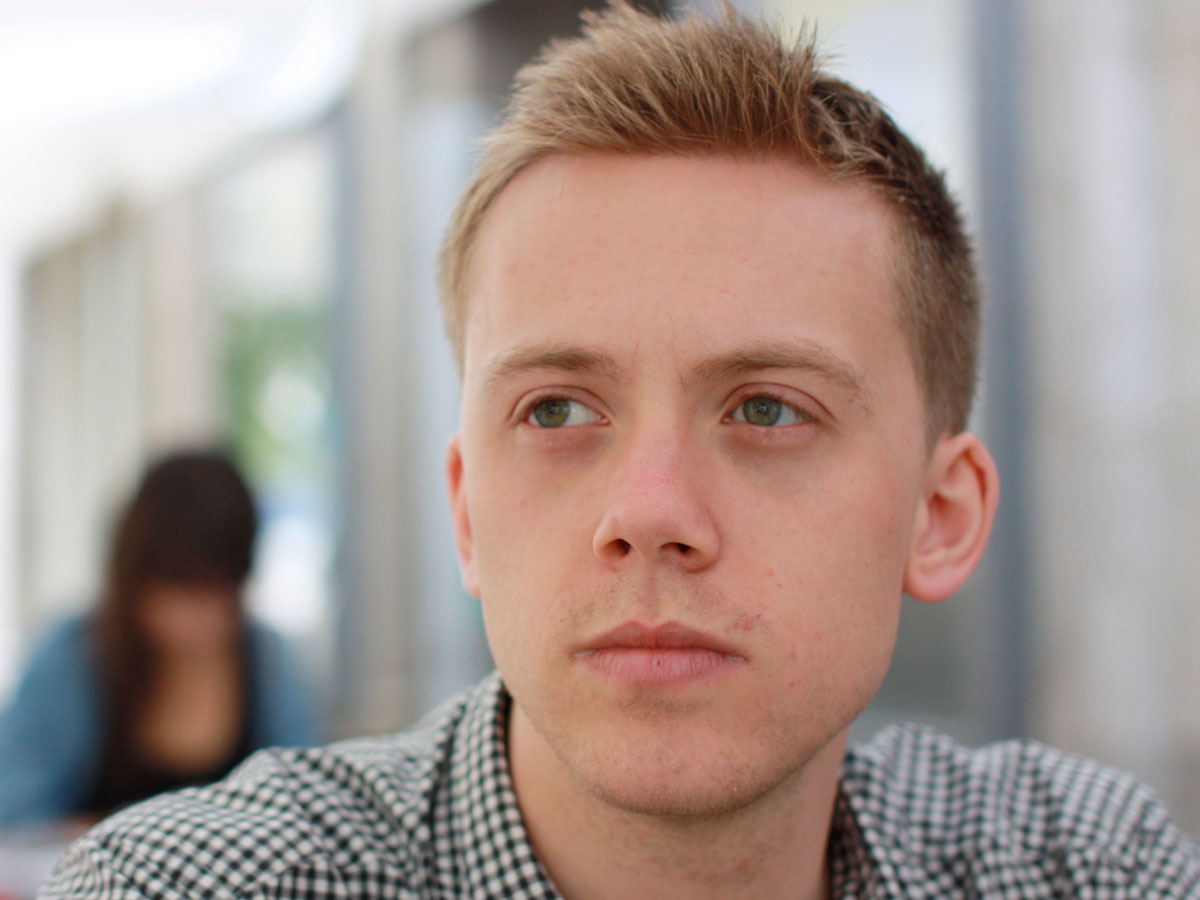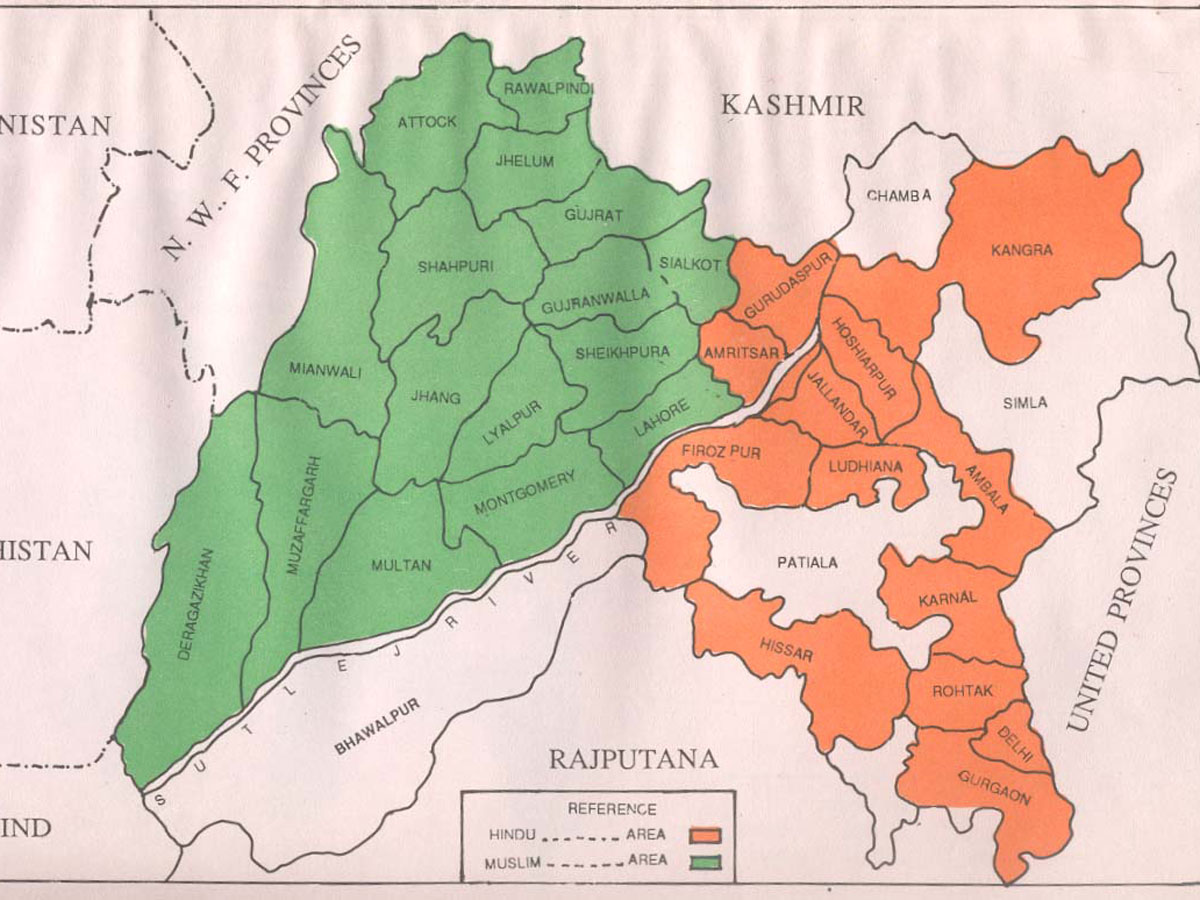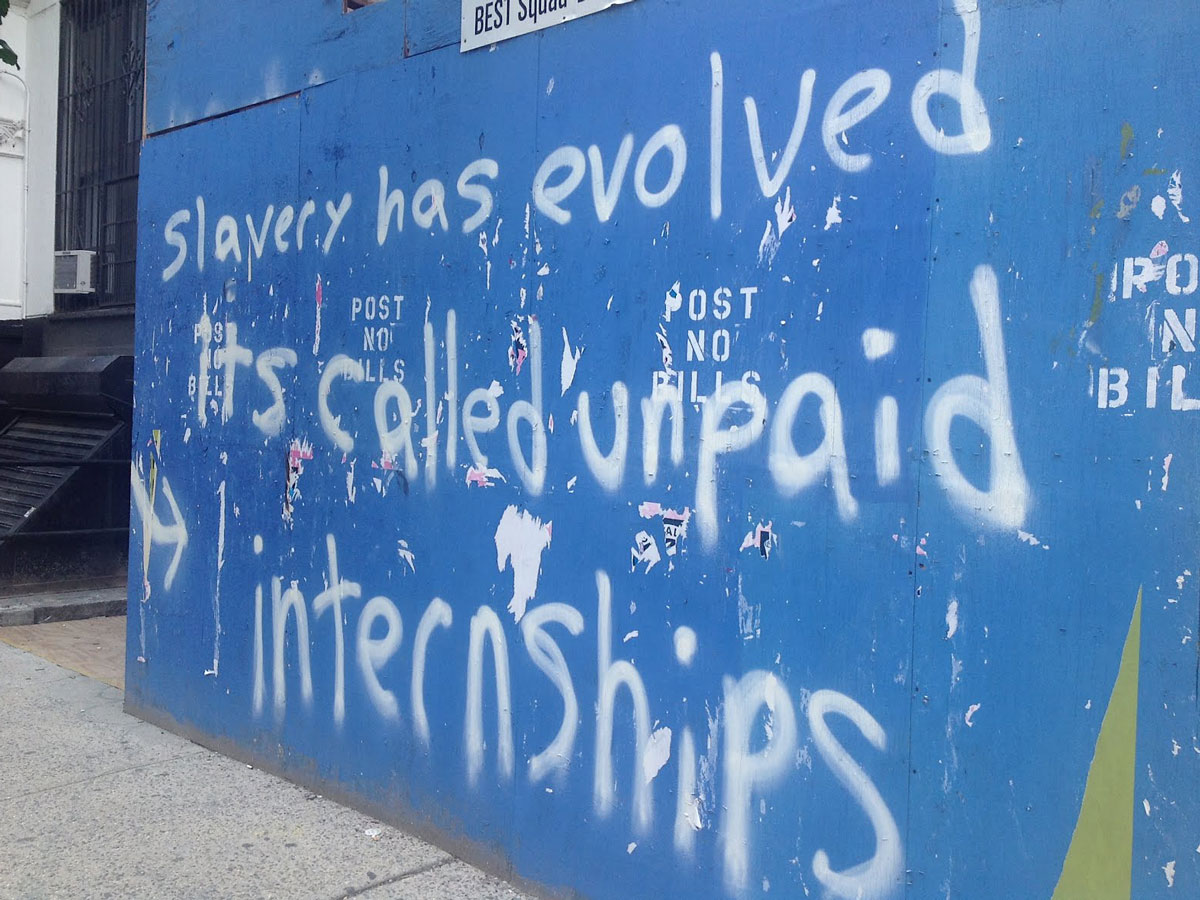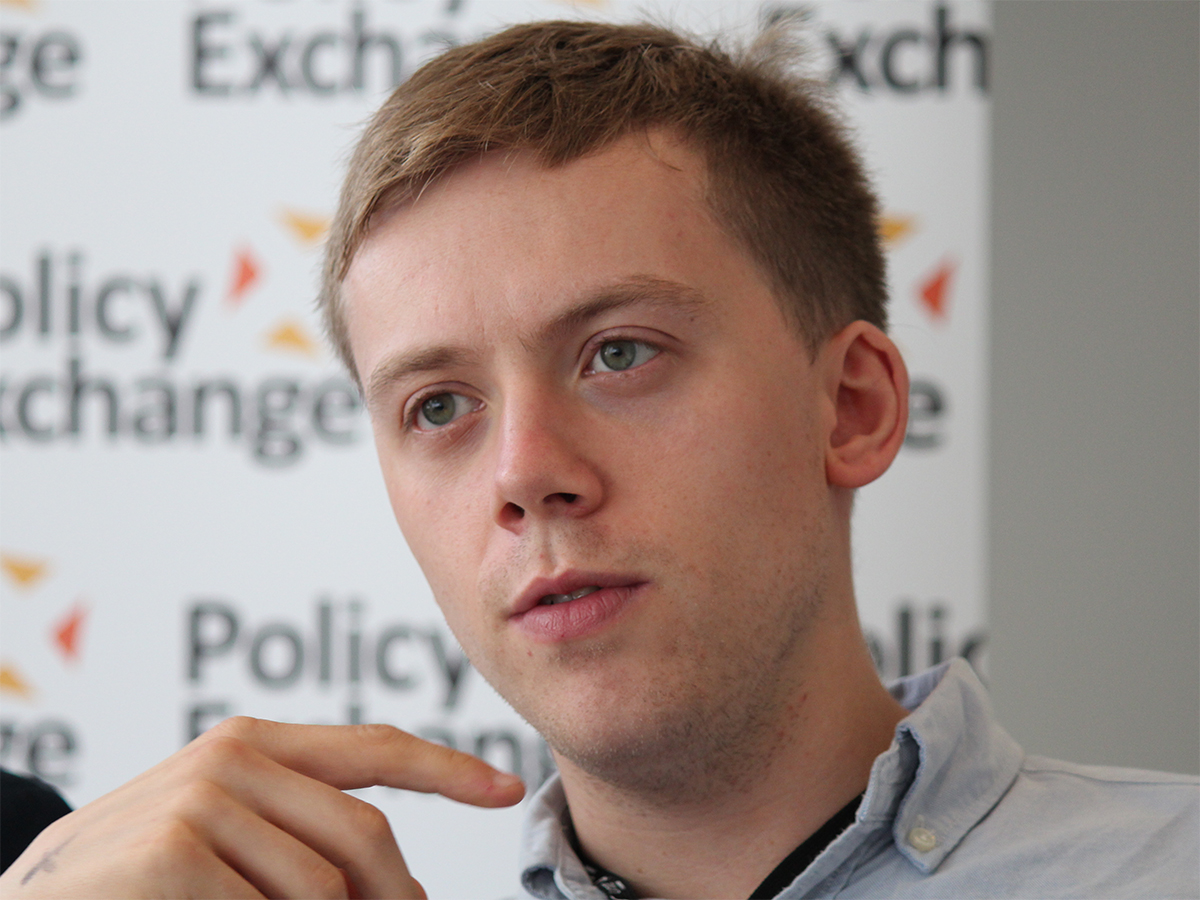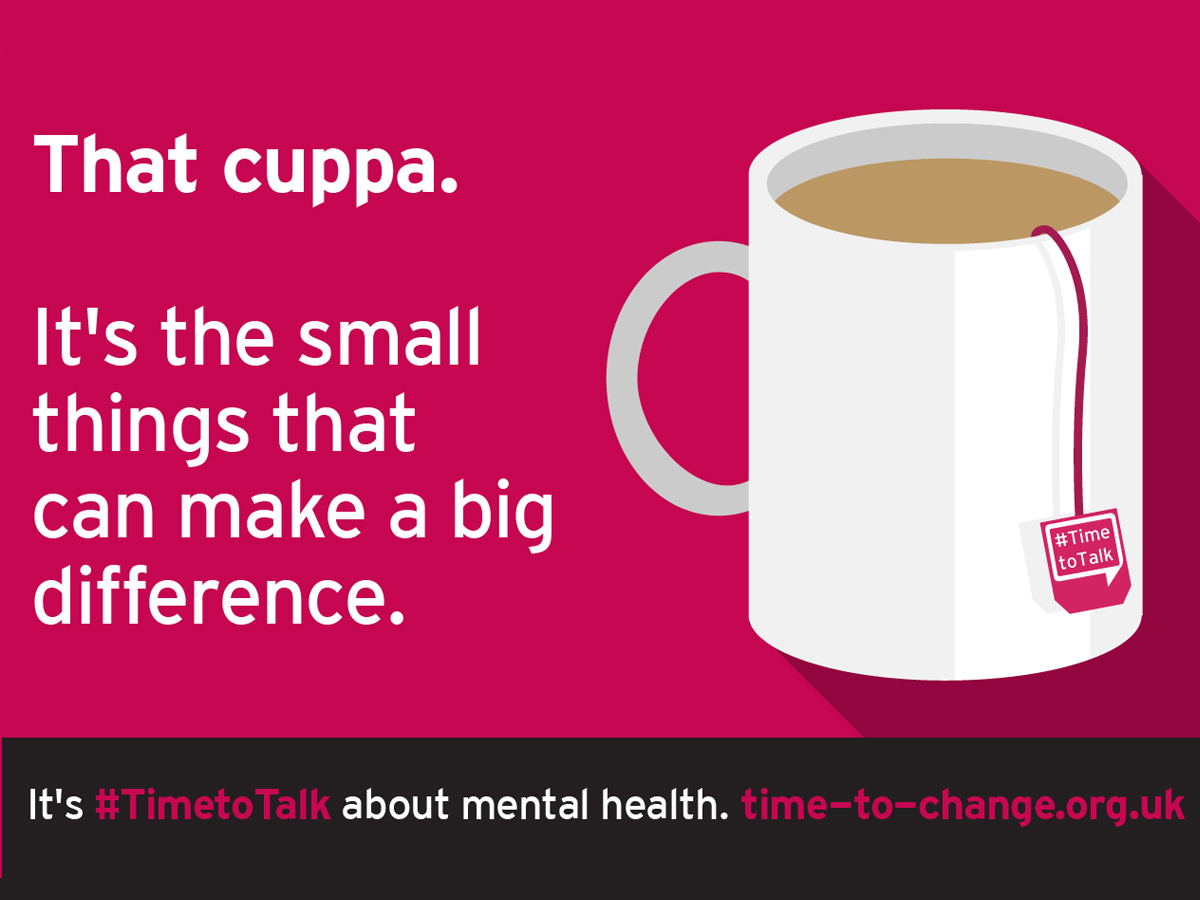The Laws Of The Jungle: A Chat With Owen Jones
Chloe Crowther sits down with the inspirational Owen Jones to talk trolling, young people and politics and the Labour party.
I see injustice, and to be brutally honest, it makes me frustrated.
I’m going to be brutally honest – I am not a politician. I am a student completing her final year of A Levels. Any political knowledge I may have (and believe me, it’s not a lot), comes from the media – online, in newspapers and magazines, on TV. From these varied sources I have managed to piece together a jigsaw puzzle perspective on politics; granted, it’s one that’s missing several pieces and the final picture is still a little blurry.
However, I am also a UK citizen with a vote. I watch the news every day. In my daily life I see injustice, and to be brutally honest, it makes me frustrated. We have a political system in this country with the power to create change for the better… except it’s completely divided, many view it with cynicism and there’s this idea floating about that the politics of the UK is completely corrupt.
Recently, I was privileged enough to talk with Owen Jones about online trolls, the uncertain future of politics and the instability of the Labour Party… and I was constantly reminded that change was in the air – and that that made people nervous.
Nobody likes ambiguity, but unfortunately that’s what the political climate of Great Britain is selling at the moment. As I sat on a rotund stall amongst a small group of familiars, in the company of Owen Jones just before his talk at the Colston Hall, I realised that we were all here because, finally, someone down-to-earth was willing to express what the nation was feeling, in layman’s terms.
Owen sounded melancholy as he lamented the confrontational, Law-Of-The-Jungle-style political system we have in the UK.
The conversation began with talk about Twitter trolls. Owen seemed touchingly awed by the ease with which the general public today can express their opinions online, a concept which I take for granted; we discussed his various TV performances, with the focus mostly on the haters. However, I got the impression that Owen wanted to remain positive, ultimately, he was, after all, to deliver a talk in just under an hour on the politics of fear vs the politics of hope. Guess which side he was backing?
Owen sounded melancholy as he lamented the confrontational, Law-Of-The-Jungle-style political system we have in the UK. We all laughed when he mentioned that the distance between the Prime Minister and the leader of the opposition in the House of Commons is the length of two swords, but the sad fact of it all is that our political system is set up not to inspire harmony, but hatred. And as Owen astutely highlighted, that doesn’t prompt people to challenge it to change. Once this point was raised, we were able to discuss what that meant for the Labour Party, and the division created when Jeremy Corbyn was elected.
Owen used the analogy of ‘a married couple, who don’t love each other anymore, but they can’t afford to live in separate flats’ – easy to picture, emotive, relatable… Owen Jones humanised politics.
Conversation drifted naturally towards how young people in Bristol especially (sixth formers, like ourselves) might be tempted – in these hard times following the economic crash, austerity and the election of a Conservative government in May last year – to turn to communism and the extreme left. Stereotypically, these parties have been treated with suspicion, and a member of our group wondered if we should be worried? After all, politics is ‘by the people, for the people’, and, judging by the actions of some from the next generation of voters, the people were acting out. But Owen didn’t seem duly concerned.
Owen Jones humanised politics.
‘To be honest,’ he said. ‘There’s a long history of young people and their first experience of politics being going through far left politics and then finding another political home. That includes Conservatives. It includes people who ended up in new Labour.’ In short, the list seemed to include almost everybody (ironically it didn’t include Corbyn, but it did include a lot of his ‘Blairite opponents.’)
‘There’s always been a tradition of [young] people, y’know, they’re angry at injustice, they don’t like the way the world is run, and as they are trying to find their feet politically they might join this party or that, but they’ll end up often going in a different direction. I don’t think there’s anything unhealthy about it,’ Owen concluded.
And it may be the case that politicians eventually stabilise their views, but what of the general public? We act like we don’t realise it, but we are the majority. We are the voters. In America, they have the power to decide whether or not to vote in Donald Trump – a man who wants to build a wall to stop Mexicans, immigrants, Muslims and anyone else he personally dislikes from getting into the country. The public has the power to stop that – if they choose the politics of hope. If they don’t buy into political fear-mongering. I had to hope, as we all sat there, hanging onto Owen’s every word, that humanity had learnt from its history.
The public has the power to stop that – if they choose the politics of hope.
I had studied the Holocaust last year; I remembered the dissatisfaction (to use a massive understatement) leading up to the election of Adolf Hitler. We’d been asked by our history teacher to imagine what it was like for an average German voter in 1933, who’d lost members of their family in the war, their jobs, their homes maybe, their pride. These were people who’d fallen on severely hard times, people who were angry and discontented with a political elite that didn’t represent them. They were searching for an easy fix. They were searching for a scapegoat.
Owen wondered if ‘someone who wants to build a wall to stop Mexicans coming in, to stop immigrants coming in, someone who talks like they did about the Jews in the 1930s, will he be in charge of a nuclear armed superpower? It doesn’t bare thinking about.’ With these words, the room shuddered.
However, to his credit Owen wasn’t portraying a doom-and-gloom perspective. As the incident involving his burger unfolded – he hadn’t eaten, when could he eat, did he have to pay for it (there was outcry at the mere notion) – a group member offered to collect his burger for him. But Owen insisted he should be the one to collect it, because he may have to pay for it. Or was it a subtle show of his feeling that we were all equals?
If it was, this displays the politics of hope at its best. Humanity should be equal, we should help and support one another, regardless of race, gender, ethnic backgrounds and sexuality, amongst other factors.
Now I feel like I can safely add a few more pieces into the political jigsaw. The image is still blurred, but when it finally clarifies itself, I know what I’m hoping it depicts.
What do you think? Do you agree with Owen Jones?Are young people doing enough to stand up for what they believe in? Talk to us on @rifemag
Get involved in local politics. Get involved with the Bristol City Youth Council
